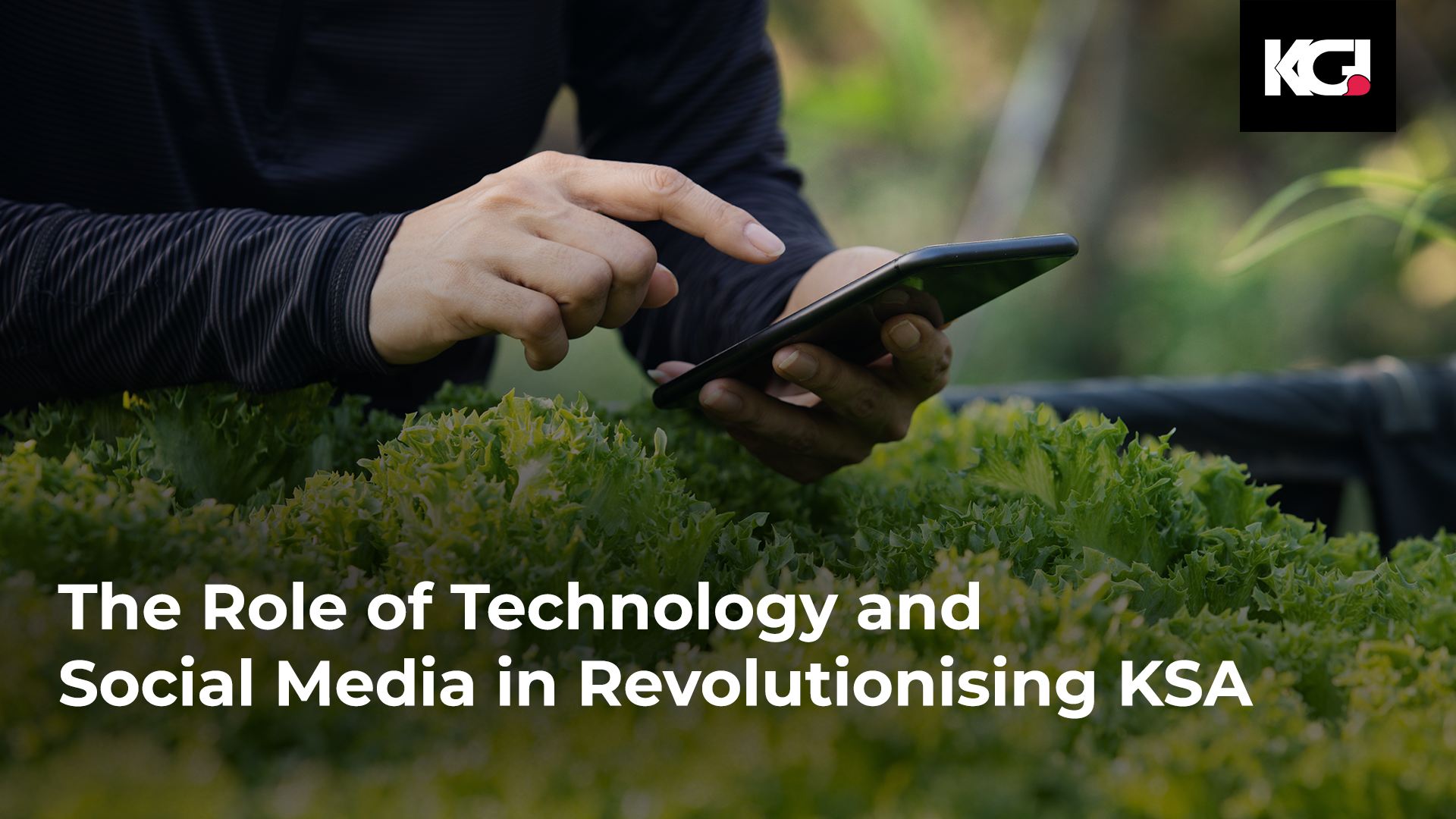Technology and social media have played a transformative role in revolutionizing Saudi Arabia’s food sector, enabling a seamless journey from farm to fork. With advancements in technology and the widespread use of social media platforms, various aspects of the food industry have been enhanced, including sourcing, production, distribution, and consumer engagement.
One significant area where technology has made a remarkable impact is in the sourcing and production of food. Farmers and agricultural businesses are leveraging technology to optimize their operations, increase crop yield, and ensure sustainable practices. From precision agriculture techniques that utilize drones and sensors to monitor and manage crops, to advanced irrigation systems that conserve water, technology is driving efficiency and productivity in Saudi Arabia’s agricultural sector. Furthermore, innovations in food production, such as vertical farming and hydroponics, are enabling year-round cultivation of fresh produce in urban areas, reducing the need for extensive land use and transportation.
In addition to production, technology has also revolutionized the distribution and logistics aspects of the food sector. E-commerce platforms and mobile applications have transformed the way consumers shop for food, providing a convenient and efficient channel for purchasing groceries and dining experiences. Food delivery services have gained popularity, allowing consumers to order from their favorite restaurants and have meals delivered directly to their doorstep. These platforms not only enhance convenience but also enable small businesses to reach a wider customer base and expand their market reach.
Social media platforms have emerged as powerful tools for promoting and engaging with consumers in the Saudi food sector. Food businesses, including restaurants, cafes, and food product manufacturers, utilize social media platforms to showcase their offerings, share visually appealing content, and interact with customers. Platforms like Instagram and Snapchat have become virtual food hubs, with users sharing their dining experiences, food recommendations, and reviews.
Influencer marketing has also gained traction, with popular social media personalities endorsing food products and establishments, driving awareness and influencing consumer preferences.
Furthermore, technology and social media have provided consumers with a platform to voice their opinions and shape the industry. Real-time feedback and reviews on social media platforms enable businesses to gauge customer satisfaction, identify areas for improvement, and address concerns promptly. This direct line of communication enhances transparency and fosters a customer-centric approach within the food sector.
Technology and social media have revolutionized Saudi Arabia’s food sector, transforming the entire journey from farm to fork. From optimized production practices and efficient distribution channels to enhanced consumer engagement and personalized experiences, technology has become an integral part of the food industry. Embracing these advancements can help businesses thrive in a competitive market, while consumers benefit from greater convenience, access to a diverse range of food options, and a more engaging dining experience. As technology continues to evolve, the food sector in Saudi Arabia will undoubtedly witness further innovation and growth.


